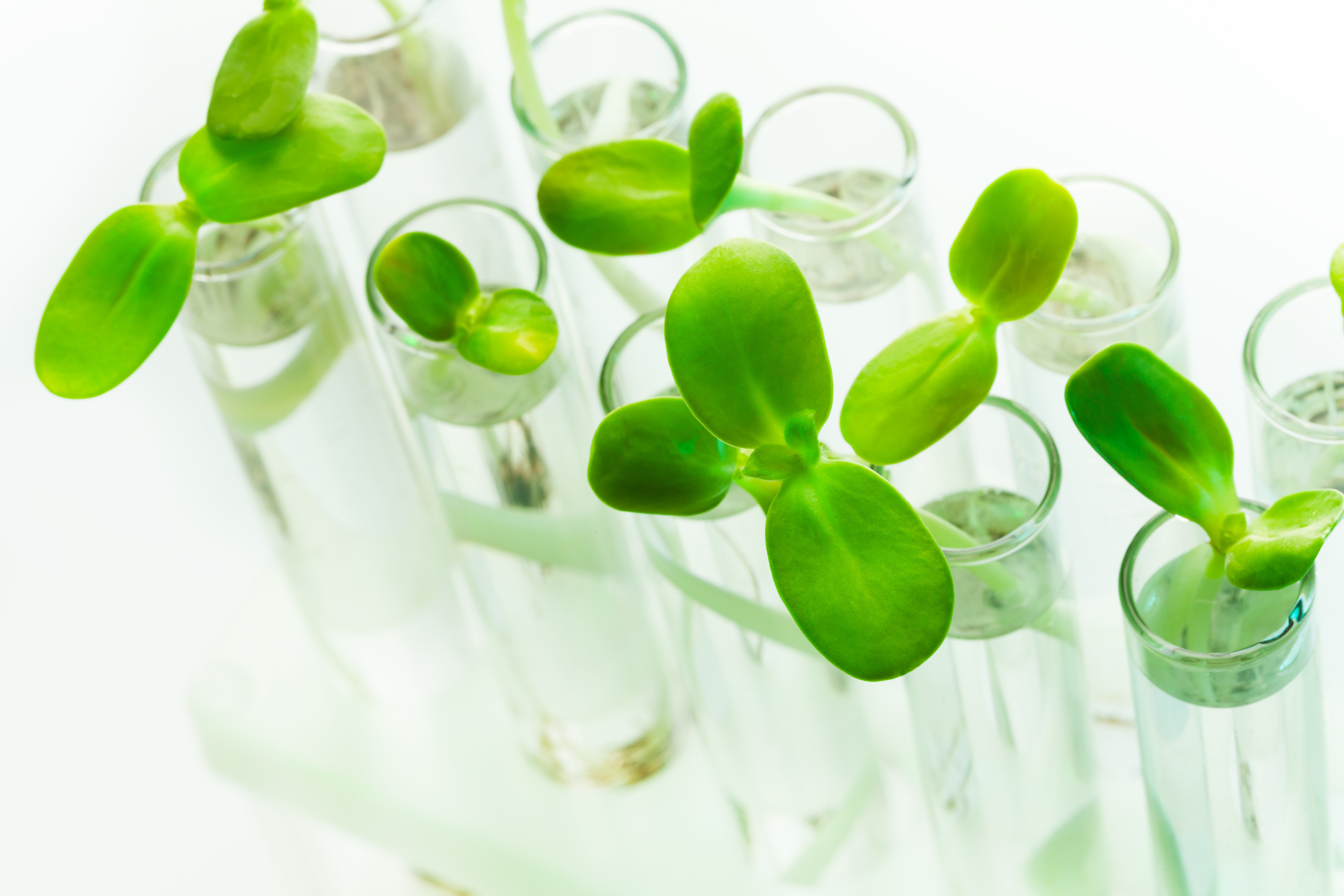After decades of disagreement about the role of biotechnology in sustainable agriculture, new techniques for genome editing have emerged. These techniques, such as CRISPR/CAS-systems, are claimed to be easier, cheaper, more precise than earlier forms of biotechnology, such as genetic modification (GM). Importantly, the techniques are also claimed to be more natural because they does not necessarily involve the insertion of genes from other species.
The rapid emergence and uptake of the technology is seeing policy makers now struggling to navigate this controversial new field. Both the ethical and the regulatory framework for considering biotechnology needs updating.


